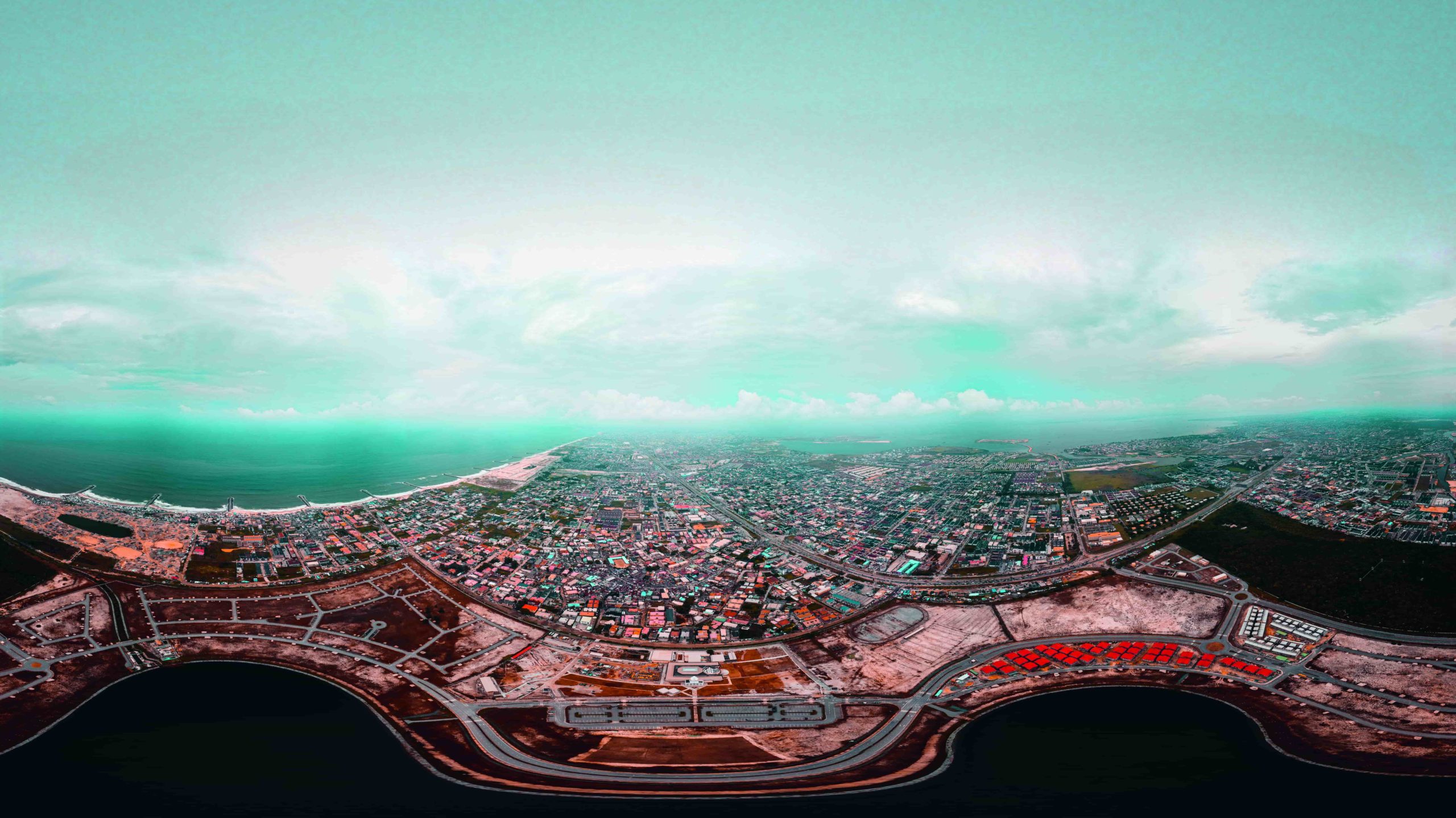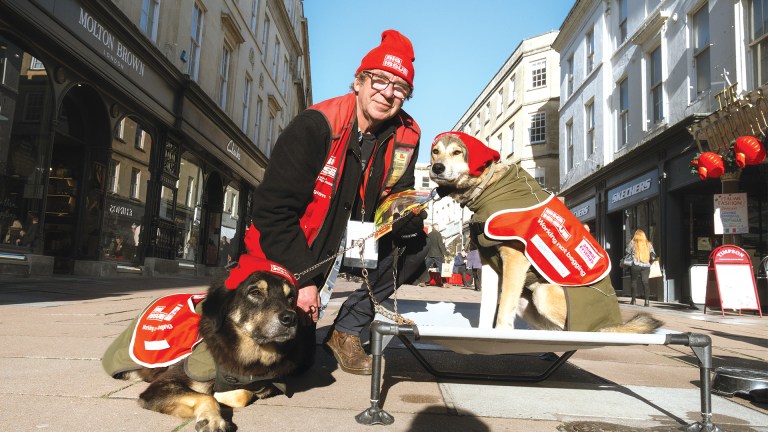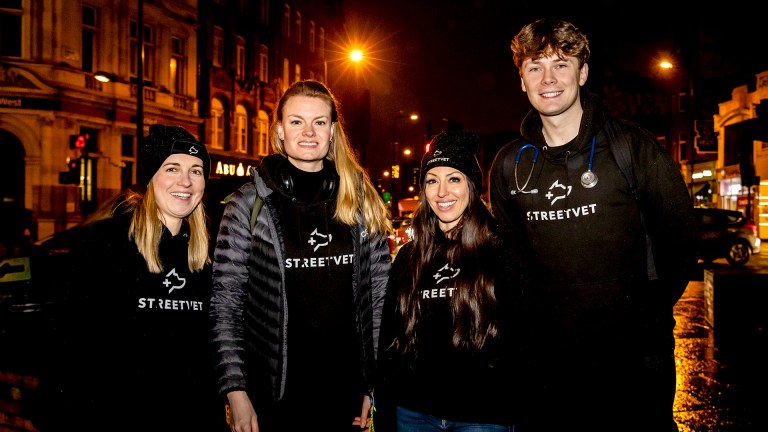In 2018, for the first time in human history, people aged over 65 outnumbered children under five. By 2100, the world will see just one birth for every octogenarian. In most parts of the globe there will be more care homes than kindergartens, more funerals than births.
Ageing populations can pose economic and social challenges – having fewer working-age people makes it difficult for companies to fill job vacancies, leading to shortages in goods and services. It also reduces tax income while the need for pensions and greater pressure on health systems increase the financial burden on the public purse. Countries like Britain and those in mainland Europe – which globally has the greatest percentage of people aged over 60 (25 per cent) – potentially face the greatest challenges.
But there is one region that is bucking this trend: all of the world’s 20 youngest countries by population are situated in sub-Saharan Africa, and the median age across the region is 18. By 2050, Africa will be home to one billion young people, almost half of the world’s youth. This vast cohort will be the entrepreneurs, scientists, creatives and activists who will lead the world into the next century. And they are emerging from an Africa that is very different to the continent of most Western imaginations.
Urbanisation is changing the face of sub-Saharan Africa. Over the next 30 years, Africa’s thriving, bustling megacities will accommodate almost 950 million new urban dwellers.
The Nigerian city of Lagos is sub-Saharan Africa’s biggest, and could be the world’s largest by 2100. (Greater Tokyo, currently the largest, looks set to lose nearly a third of its population due to an ageing population and declining birth rates.) Lagos has a nominal per capita income of more than double the Nigerian average, is home to a pan-African banking industry, a leader in the Fintech and crypto currency sectors and has become one of the continent’s biggest tech hubs.
“Lagos is the New York of Nigeria.” says Nigerian entrepreneur and influencer John Obidi, 34. “Being in Lagos alters the way you see the world. You begin to think: ‘I can do these things.’”









